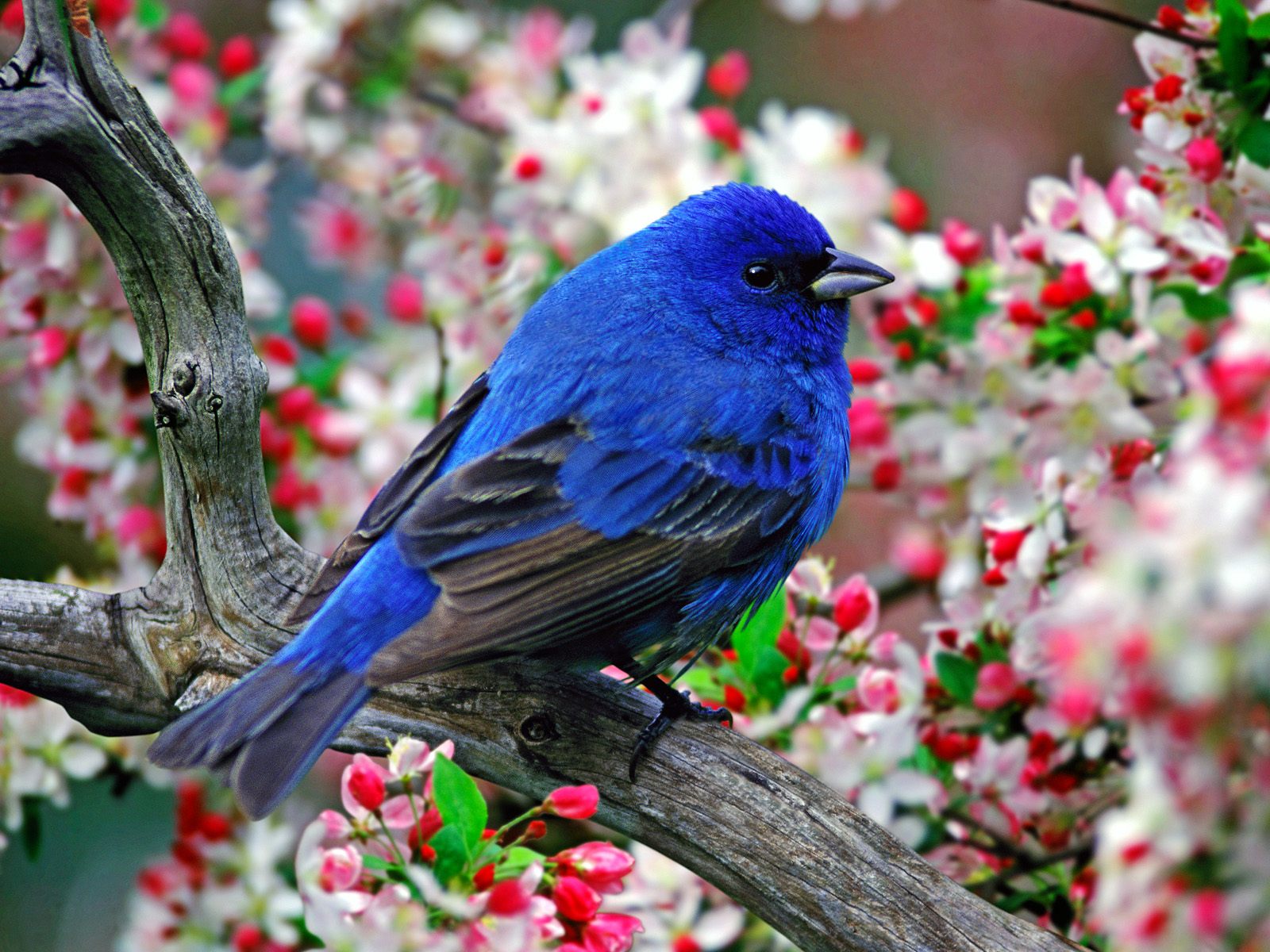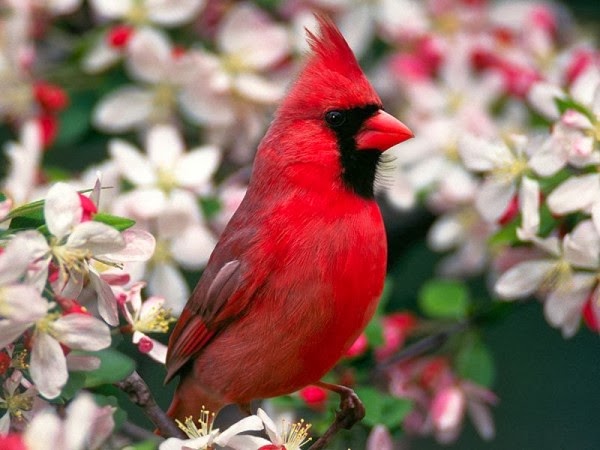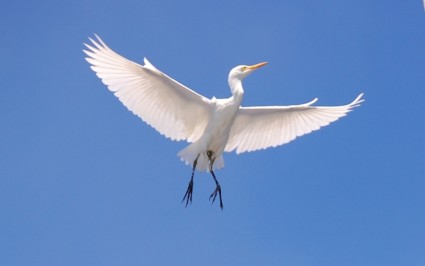Bi a bá wo òwe yi, a o ri pe Agbe pọn bi aró, Àlùkò pupa bi osùn nigbati Lékeléke funfun bi ẹfun. Nitori eyi, bi wọn kò ti ẹ̀ lọ si ilé Aláró, Olósùn àti Ẹlẹ́fun, àwọ̀ wọn á si wa bẹ̃, síbẹ-síbẹ, àwọn ẹiyẹ wọnyi gbiyànjú lati lọ si ibi ti wọn ti lè ri ohun ti yio tú ara wọn ṣe ki ó ma ba ṣa.
- Agbe – Blue Touraco
- Àlùkò – purple woodcock
- Lekeleke – Cattle-egret
A lè fi òwe Yoruba ti o ni “Bi ojú bá mọ́, Agbe á yalé Aláró, Àlùkò á yalé Olósùn, Lékeléke á yalé Ẹlẹ́fun” bá ilú, agbójúlógún àti ọ̀lẹ enia wi. Kò si bi owo ilú, òbi, tàbi ẹbí ti lè pọ̀ tó, bi enia kò bá ṣiṣẹ́ kun á parun. Irú ilú ti ó bá ńná iná-kuna, agbójúlógún àti ọ̀le wọnyi yio ráhùn ni ikẹhin. Ẹ gbọ́ orin ti àwọn ọmọ ilé iwé ńkọ ni àsikò eré-ìbílẹ̀ ni ojú iwé yi.
Agbe ló laró, ki ráhùn aró,
Àlùkò ló losùn, ki ráhùn osùn
Lékeléke ló lẹfun, ki ráhùn ẹfun,
Ka má rahùn owó,
Ka má rahùn ọmọ
Ohun táó jẹ, táó mu kò mà ni wọn wa o) (lẹmeji)
ENGLISH TRANSLATION
Examining the above Yoruba proverb, it would be observed that the Blue Touraco as the name indicated is naturally dark like the dye, the red Woodcock is red like camwood resin, while the cattle egret is as white as chalk. As a result, even if these birds did not seek after the dye, camwood resin and chalk Dealers, their natural colours are permanent, yet these birds still diligently seek after whatever will enhance their beauty so that it will not fade off.
We can use the Yoruba proverb translated as “At the dawn of the day, the blue-touraco makes for the home of the indigo dealer; the red woodcock seeks out the dealer of the camwood resin; the cattle egret heads for the home of the dealer of chalk” to advice a Nation, Fortune Hunters, and an indolent person. No matter how wealthy a nation, a parent or family could be, if people refused to work to increase such wealth, it will vanish. Such nation, fortune hunters or the indolent would come to poverty in the end. Check on this page the cultural song relating to this proverb as often sang during the traditional play by School children.
Originally posted 2015-08-18 17:10:07. Republished by Blog Post Promoter






Well articulated, and this is applicable to our Country- Nigeria. The ways and manners in which the people of Nigeria disposes wealth and money as if it will be like such for ever, it is antithesis to a progressive and dynamic community. When and how, can we established a worthy future for our Children? It’s time to address our reproach while we confront our limitation.